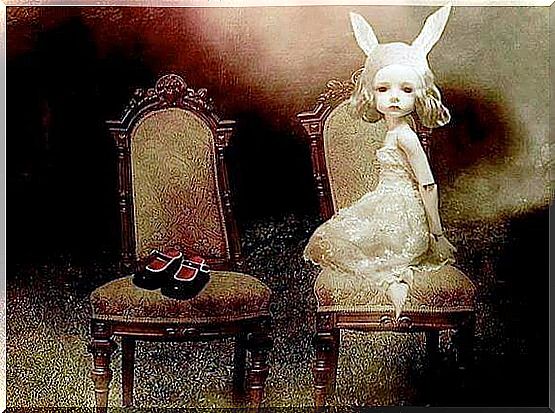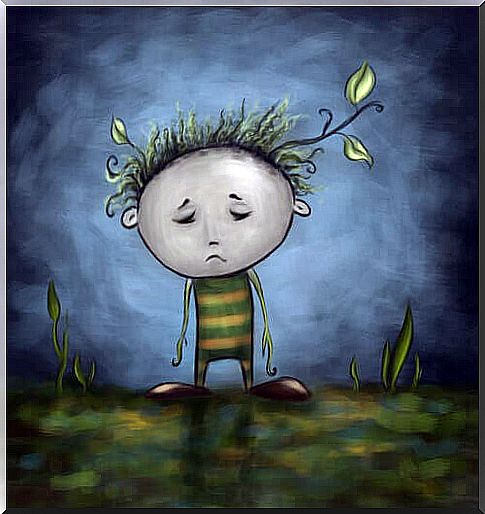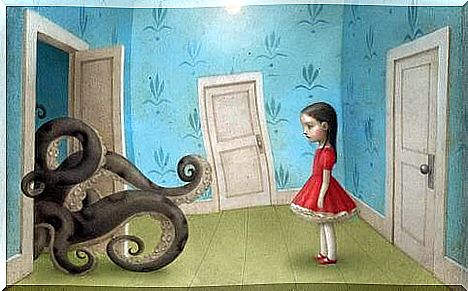5 Consequences Of A Toxic Upbringing

Childhood is the stage in life when we begin to get to know the world, develop and learn to deal with things and people we live with. On the other hand, it is a period when we are particularly vulnerable and dependent. Therefore, things that happen to us in childhood remain a part of us, which makes it difficult to change.
This applies regardless of whether we had a positive childhood or a negative one. Our childhood can be useful or a handicap that we get by chance, and in a way we have little to say about this.
In TV series and movies, we often see that the profile of the disturbed person is a childhood full of complicated relationships, whether it is direct or indirect.

But what are in reality the most common consequences of having gone through a toxic upbringing?
This period, like all others in our lives, will not return once we have gone through it. A toxic upbringing results in a habitually sad, unhappy or complicated childhood.
We are often filled with resentment towards the people around us because we have not been able to experience these years in the way we would have liked. In other words , our emotional connections survive from childhood, often in the form of love conflicts and hard feelings.
These contradictory feelings are not random products, but rather a subsequent evaluation of the injustices, mistrust, fear, abandonment and humiliation we were once subjected to.

The way we form relationships begins to develop during our first years of life. We learn how to express ourselves or how to handle silences to achieve effective communication.
Behaviors such as violence or coercion are very easy to learn and repeat. These become difficult to “unlearn” if we as children observed that others used them to achieve goals in relationships.
Even if we have little control over our upbringing , we will have negative results as adults if we become accustomed to toxic patterns as children. At some point, we will probably have to pay a high price for our incompetence.
A toxic upbringing does not only refer to a lack of affection or to constantly suffering from the unjust punishment of indifference. It also has to do with coexistence with other people who never acknowledge their mistakes or who are overprotective of the child, which prevents them from confronting the mistakes they make and instead causes them to project them onto an image of invulnerability and perfection that is far from what they will encounter in the future.
In this way , the children grow up in the belief that they are someone they are not, which creates ignorance they will have to pay dearly for in due course.

Mathematics, language skills, foreign languages… all these subjects are (for better or worse) part of all academic curricula. However, something just as useful – the management of our emotions – is (or was) outside of systematic education.
The fact that no one has bothered to teach us how to deal with their emotions does not mean that we have not learned this; what happens is that we instead learn ourselves by observing others.
During toxic upbringing, people who are close to us or who are our points of reference tend to have underdeveloped emotional intelligence. This can be very toxic during childhood and makes us vulnerable in the most fundamental of ways.
The upbringing we receive as children will in most cases form the basis for the education of our own children when we are adults. If it is really true that we often unknowingly repeat certain patterns or behaviors, we must make a considerable effort to redirect our lives in a healthy way.
In this way, people who have had a difficult childhood can eventually make a recovery and overcome their obstacles, even if they find it more complicated to develop.
In this way, over time, they can stand more for what they have accomplished rather than what hurt them, and in this way, people become worthy of admiration.









